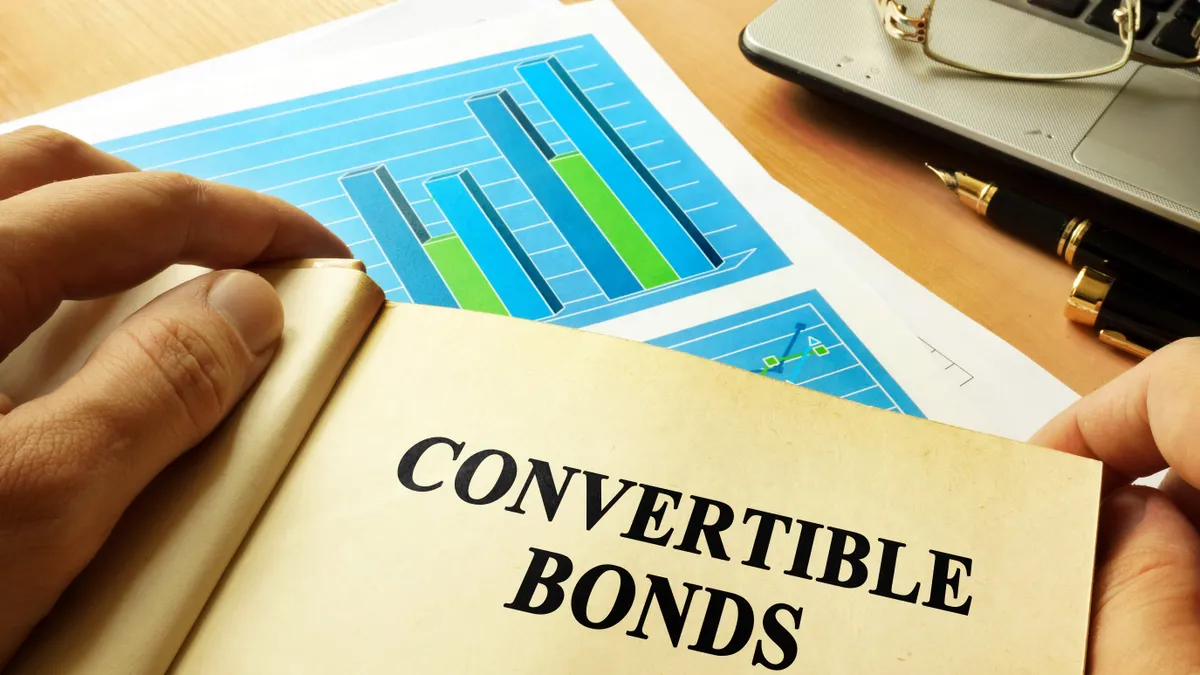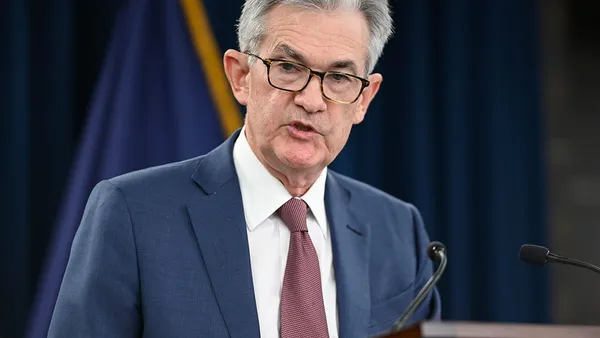Virgin Galactic raised $435 million in January by issuing a convertible bond with a 2.5% coupon rate. It’s unlikely many companies will follow a similar strategy this year.
With interest rates rising and stocks sluggish, the conditions over the last two years that made convertible bonds so alluring that investors were willing to buy them with a low coupon rate — in some cases, even 0% — are going away, The Wall Street Journal reports.
“After the deluge of issuance in 2020 and 2021, there have only been a few convertible-bond offerings so far this year,” the Journal reported. “None have had a zero coupon.”
Growth option
Convertible bonds are an attractive source of capital for companies with high growth prospects but hamstrung by a low credit credit rating or, in the case of many tech startups, no hard assets to use as collateral for a bank loan.
The bonds can be converted into equity shares, so investors who buy them are betting that the capital raise will fuel enough growth to drive up the company’s stock price to a point where it makes sense for them to convert the bonds to stock.
The bonds come with a premium. That enables investors to own a greater percentage of equity than their bond holdings would have allowed in a straight conversion. If the premium is 30%, each $1,000 worth of bonds converts to 30 shares. If the investor converts below the premium amount, the company makes up the balance in cash. The company can also force a conversion.
Quick money
CFOs tend to like convertibles because they're simple and quick to get to market, Joe Wysocki, senior vice president of Calamos Invesments, told CFO Dive last year. Usually, an issue doesn't require a rating from a credit rating agency; private placements can be done off an existing shelf registration, and, start to finish, an issue can take two days, compared to weeks for high-yield debt, he said.
Over the last two years, driven by low interest rates and the stock market volatility caused by the pandemic, companies issued $200 billion in convertible bonds, almost $60 billion of which came with a 0% coupon rate, the Journal reported using Dealogic data.
Investors buying a bond with a 0% rate are essentially lending the company money for free with the expectation of making their profit entirely on the stock side.
Among the companies that issued zero-interest bonds in the last two years are Peloton, which raised $1 billion, according to a Barron’s report, and Spotify, which raised $1.3 billion, Yahoo Finance reported.
Lower prospects
If interest rates keep rising, the attraction of offering low-yielding paper will drop; companies will find it too costly to issue the bonds, analysts say. They’ll have to offer a higher coupon rate to attract investors.
“When markets are choppy, everyone pushes the pause button,” Santosh Sreenivasan of JPMorgan, told the Journal.
Eli Pars of Calamos Investments told the Journal coupon rates will definitely go up but probably not by so much that conversion bonds will get too pricey to be attractive for companies needing money.
“It’s not like we’re going to see a 5% coupon,” he said.












